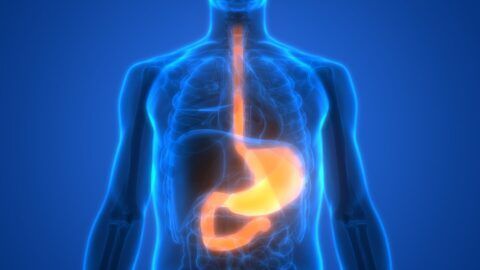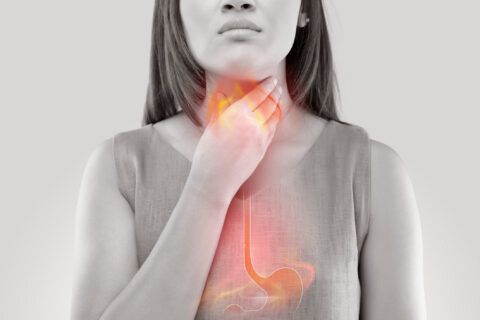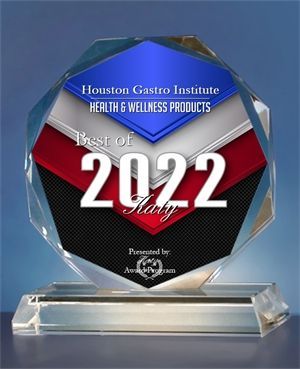FOODS TO IMPROVE DIGESTION
When your gastrointestinal (GI) system acts up, you want relief as quickly as possible. This often means avoiding the foods you know cause digestive trouble for you. Apart from this, it’s also helpful to eat more of certain foods that provide immediate relief and help build gut health for fewer digestive problems in the future. Whether you have ulcers, acid reflux, leaky gut, or irritable bowel syndrome (IBS), your GI tract could benefit from changing your diet.
FOODS THAT IMPROVE GUT HEALTH
There is an array of medicinal foods out there that can help keep digestive trouble at bay and support a more resilient gut over time. Here are your top options:
- Dandelion greens help your body digest fat by stimulating bile production and flow. They also decrease inflammation, improve blood sugar levels, and promote regular bowel movements. However, if you have gallstones or bile-duct issues, be sure to consult with a gastroenterologist before eating dandelion greens regularly.
- Cabbage offers numerous health benefits, including improved liver function and lower cancer risk. It also inhibits the growth of Helicobacter pylori, the bacteria that trigger most ulcers. If you experience frequent bloating and gas, try cooked cabbage or cabbage juice rather than raw cabbage.
- Fermented foods such as sauerkraut, kimchi, yogurt, and kombucha contain probiotics, which help correct the balance of good and bad gut bacteria. Still, not all health foods are good for all people all the time. For instance, you may not benefit from adding bacteria to your gut if you have small intestinal bacterial overgrowth (SIBO). If you find that fermented products trigger bloating or other problems, ease off.
- Bone broth can soothe an overactive gut by providing the body with collagen, minerals, glucosamine, and chondroitin. These compounds alkalize and nourish the body. However, if you have mast cell activation syndrome (your body overproduces histamine), you should avoid bone broth.
- Garlic is a natural antibiotic, able to kill pylori and Campylobacter bacterium, a common culprit of food poisoning. Garlic is also rich in prebiotics, which feed good gut bacteria. Just be aware that garlic can trigger bloating and stomach pain in anyone with a garlic intolerance.
- Chia seeds, hemp seeds, and flaxseeds are high in fiber, a nutrient that improves digestion and maintains a healthy colon.
- Chia seeds and flaxseeds are also rich in omega-3 fatty acids, which help combat inflammation throughout the body. If you have diverticulitis, err on the side of caution and avoid these seeds when recovering from a flare-up.
- Ginger has anti-nausea effects and has long been used to treat motion sickness and morning sickness. It also speeds up gastric emptying to help people with functional dyspepsia, a condition that causes food to linger in the stomach for too long. Just be careful not to eat too much ginger, or you could develop heartburn and diarrhea.
GUT-HEALING SUPPLEMENTS
Whether you’re experiencing digestive problems or want to keep your symptoms from flaring up, supplements can help. Here are the top products that promote a healthier gut:
- L-glutamine is the most abundant amino acid in the body, with an important role in maintaining the GI tract lining. Supplementing your diet with L-glutamine can repair the damage caused by leaky gut syndrome.
- Omega-3 fatty acids are prized for their anti-inflammatory properties, which can help heal a leaky gut. Taking fish oil supplements high in omega-3s can also help improve the balance of good and bad gut bacteria in people with inflammatory bowel disease.
- Probiotic supplements come in many varieties, with the goal to reduce symptoms of numerous digestive disorders. Still, it’s possible for people with sensitive GI tracts to feel worse after they start taking a probiotic. The key is to work with a gastroenterologist to help you find the right probiotic for you.
- Mastic gum, a medicinal tree resin available in capsule form, can significantly improve symptoms of functional dyspepsia and Crohn’s disease. It also combats pylori to help keep ulcers at bay.
- Supplemental digestive enzymes can reduce various after-meal discomforts, such as diarrhea, bloating, and gas. People with leaky gut syndrome or functional gastrointestinal disorder may also benefit.
DIGESTIVE SYSTEM CARE IN KATY, TX
While eating the right foods and taking digestive supplements are effective ways to improve digestion, they may not be enough to completely ward off your symptoms. If you’re struggling with acid reflux, bloating, nausea and vomiting, upset stomach, or constipation, schedule a visit with Dr. Vivian Asamoah. The caring physicians at our gastroenterology center are experts at developing individualized treatment plans for each patient. To learn more or schedule an appointment, please contact us.


Dr. Vivian Asamoah takes a multidisciplinary approach to treat all types of Gastroenterological problems from abdominal pain to Crohn’s Disease in Katy, TX. Schedule your appointment today.

Phone: 281-746-9284
Fax: 832-437-3206
25230 Kingsland Boulevard, STE 101
Katy, TX 77494
Working Hours:
Mon – Thu: 08:30 AM – 05:00 PM
Friday: 08:30 AM – 12:00 PM
Saturday: Open With Scheduled Appt.
All Rights Reserved | Houston Gastro Institute | Privacy Policy


